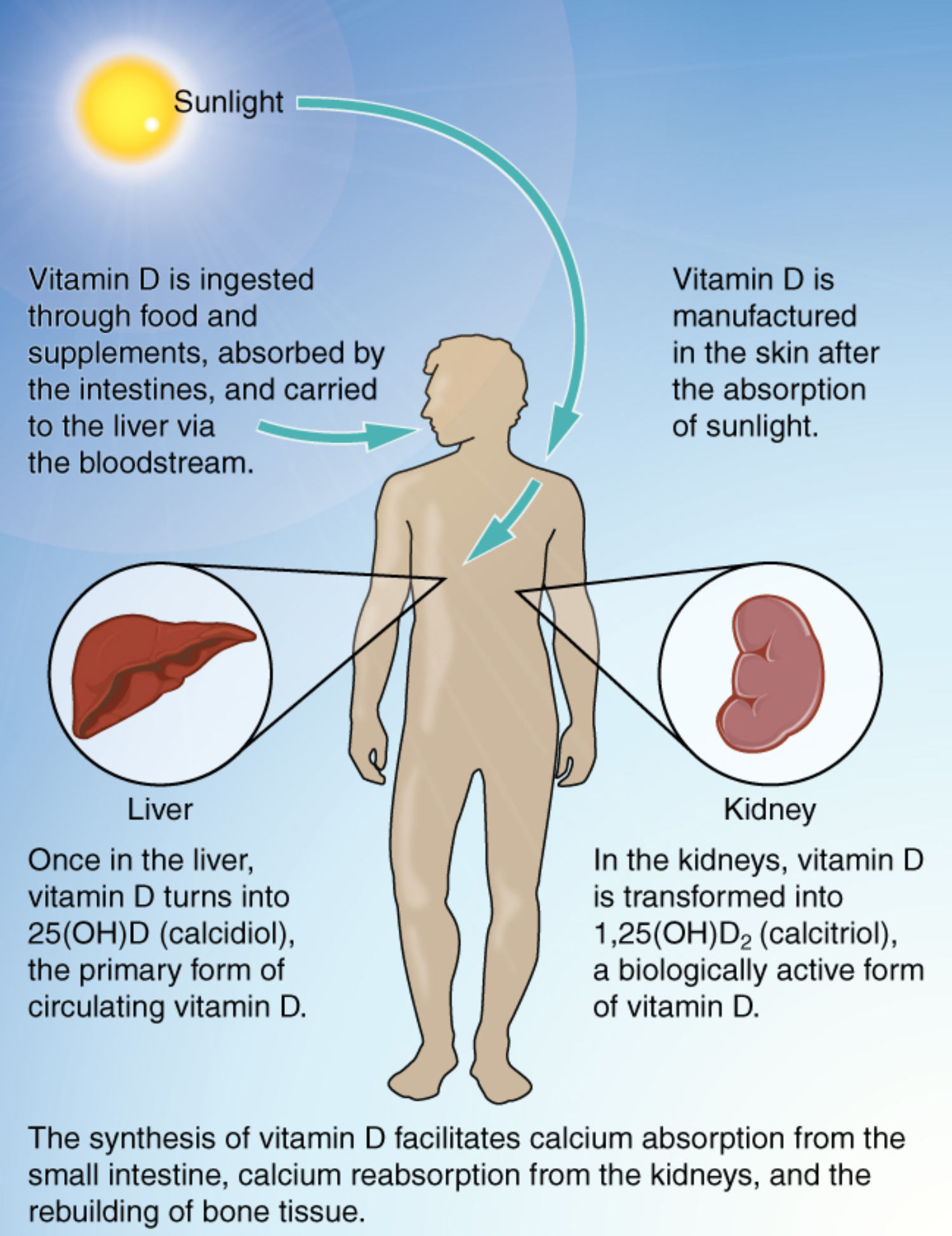
Vitamin D and Cancer Prevention
Vitamin D and Cancer Prevention: The Importance of Sunlight and Supplements. Vitamin D is a crucial nutrient that is essential for the proper functioning of the human body. It is necessary for strong bones, as it helps the body absorb calcium and phosphorus. Vitamin D also plays a vital role in regulating the immune system and maintaining healthy muscle function.
Recent studies have suggested that vitamin D may also play a role in cancer prevention. In this article, we will discuss the importance of vitamin D, how it is obtained through sunlight and supplements, and its potential role in preventing cancer.
The Importance of Vitamin D
Vitamin D is a fat-soluble vitamin that is naturally present in very few foods. Some foods that are rich in vitamin D include fatty fish (such as salmon and tuna), egg yolks, and fortified foods such as milk and cereal. However, it can be challenging to obtain enough vitamin D through diet alone.
The body can also produce vitamin D when the skin is exposed to sunlight. Sunlight triggers a chemical reaction in the skin that produces vitamin D3, which is then converted to its active form in the liver and kidneys. However, the amount of vitamin D produced by the skin depends on factors such as the time of day, season, latitude, and skin color.
Supplements are another way to obtain vitamin D. Vitamin D supplements are available in two forms: vitamin D2 (ergocalciferol) and vitamin D3 (cholecalciferol). Vitamin D3 is the more potent form and is the form that is most commonly used in supplements.
The recommended daily intake of vitamin D varies depending on age, sex, and other factors. The National Institutes of Health (NIH) recommends a daily intake of 600-800 IU (international units) for most adults. However, some experts suggest that higher doses may be necessary for optimal health, particularly for people with low levels of vitamin D.
Vitamin D and Cancer Prevention
Several studies have suggested that vitamin D may play a role in preventing various types of cancer. Here are some of the ways in which vitamin D may help prevent cancer:
Regulating Cell Growth and Division: Vitamin D plays a critical role in regulating cell growth and division. It helps cells differentiate and mature, which helps to prevent the formation of cancer cells. Additionally, vitamin D may help to slow the growth and division of cancer cells, which can prevent them from spreading.
Modulating the Immune System : Vitamin D also plays a crucial role in modulating the immune system. It helps to regulate the production and activity of immune cells, including T cells and B cells. This can help to prevent the development and progression of cancer by boosting the immune system’s ability to detect and destroy cancer cells.
Reducing Inflammation: Chronic inflammation is a risk factor for the development of cancer. Vitamin D has anti-inflammatory properties, which can help to reduce inflammation throughout the body. By reducing inflammation, vitamin D may help to prevent the development of cancer.
Promoting Apoptosis: Apoptosis is the programmed cell death that occurs when a cell is no longer needed or is damaged beyond repair.
Cancer cells are often resistant to apoptosis, which allows them to continue to grow and divide. Vitamin D may help to promote apoptosis in cancer cells, which can prevent them from growing and spreading.
Vitamin D is an essential nutrient that plays a critical role in maintaining optimal health. It is necessary for strong bones, a healthy immune system, and proper muscle function. Recent studies have suggested that vitamin D may also play a role in cancer prevention by regulating cell growth and division, modulating the immune system, reducing inflammation, and promoting apoptosis.
While obtaining vitamin D through sunlight and diet is ideal, supplements may be necessary for those who do not get enough vitamin D through these









